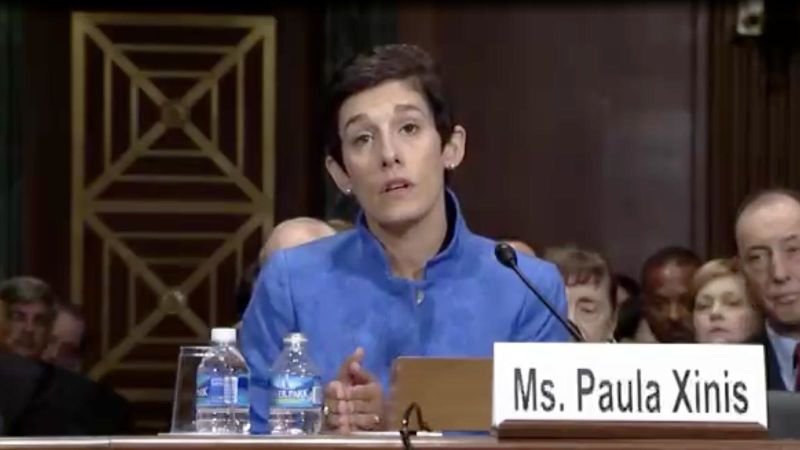The ongoing legal case involving Kilmar Abrego Garcia has drawn significant scrutiny, particularly in light of recent statements from US District Judge Paula Xinis. In a stark 8-page order, Judge Xinis criticized the Trump administration, asserting that it is not acting in “good faith” regarding its obligations during the expedited fact-finding proceedings. The judge accused federal officials of intentionally failing to comply with court orders designed to ensure compliance with the directive to facilitate Abrego Garcia’s return from El Salvador, where he was mistakenly deported last month.
Judge Xinis’s ruling highlights the delays and lack of cooperation exhibited by the Justice Department throughout this discovery process. The order reflects frustration with how the department has managed to navigate these proceedings, particularly in the wake of her directives meant to confirm adherence to legal obligations. The case has prompted questions about the administration’s transparency and accountability in similar matters, raising a broader context about immigration enforcement practices.
In her harshly worded order, Xinis explicitly denounced the administration’s reliance on vague assertions of privilege as a means to obstruct discovery. She emphasized that defendants cannot simply hide behind broad deadlines and unsubstantiated claims but must substantiate their legal basis for invoking such privileges credibly. The judge underscored the importance of maintaining a transparent legal process and underscored that boilerplate assertions would no longer be acceptable moving forward.
To address these compliance issues, Judge Xinis mandated that the Justice Department lawyers detail their reasoning for invoking privilege if they wish to avoid fulfilling some of the written discovery requests that Abrego Garcia’s legal team has submitted. This clear shift in expectations aims to clarify the legal and factual bases grounding any claims of privilege, compelling the administration to substantiate its position rather than shroud it in ambiguity.
Additionally, the ruling concluded that the government’s previous objections, marked as boilerplate, are presumptively invalid due to their failure to conform to the specific requirements outlined in her discovery order. Such a stance reflects the judge’s dedication to enforcing compliance and ensuring that all parties understand their obligations. This order not only affects the case at hand but sets a precedent for future interactions between the judiciary and the executive branch concerning discovery and compliance.
Coinciding with these developments, Abrego Garcia’s attorneys had earlier brought to the judge’s attention that responses to discovery inquiries from the government were inadequate. They pointed out that the document production consisted mainly of public filings and correspondence rather than substantive evidence or documentation. This lack of meaningful contribution raised concerns about the government’s commitment to complying with court directives, prompting further judicial intervention.
On the same day the judge issued her order, Abrego Garcia’s legal team also took the deposition of Joseph Mazzara, the lead attorney at the Department of Homeland Security. His deposition was a crucial step in gathering insights and updates related to the measures being implemented by the government to facilitate Abrego Garcia’s return. Mazzara has been responsible for delivering the mandatory daily updates to the judge, aimed at ensuring awareness of the administration’s compliance efforts.
Interestingly, the Trump administration submitted its daily report related to the Abrego Garcia situation under seal to the court for in-camera review, which allows a judge to examine sensitive information confidentially without presenting it to the opposing party. This procedure raises additional questions about transparency and accessibility since the opposing counsel cannot scrutinize the content submitted for the judge’s review.
In conclusion, the ongoing case surrounding Kilmar Abrego Garcia reflects significant tensions between the judiciary and the executive branch concerning immigration enforcement and compliance with legal mandates. Judge Xinis’s recent order lays important groundwork for ensuring accountability within the Justice Department, compelling them to adhere strictly to discovery obligations while promoting a clear, fair legal process for all parties involved. The outcome of this case may influence broader policies and practices regarding deportation and the legal parameters of executive privilege in immigration matters.











